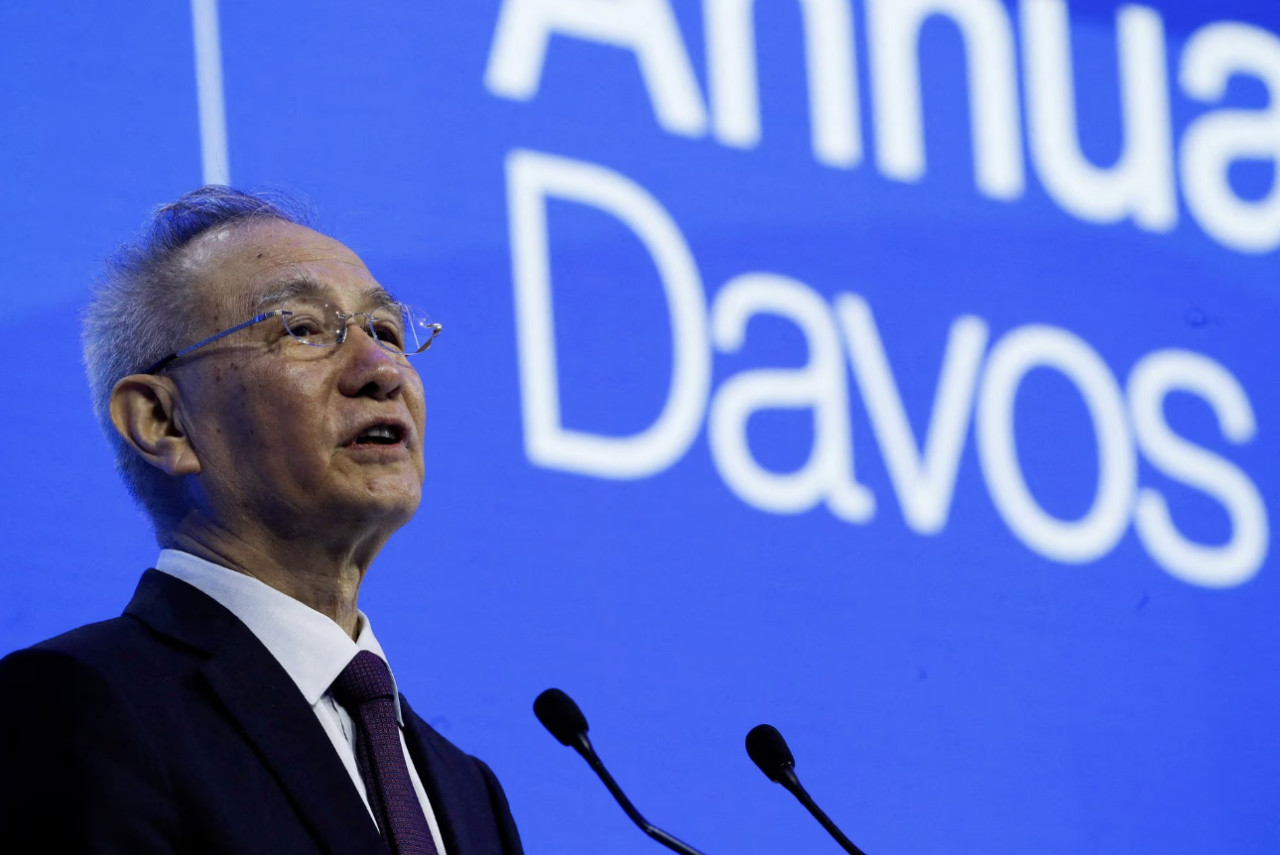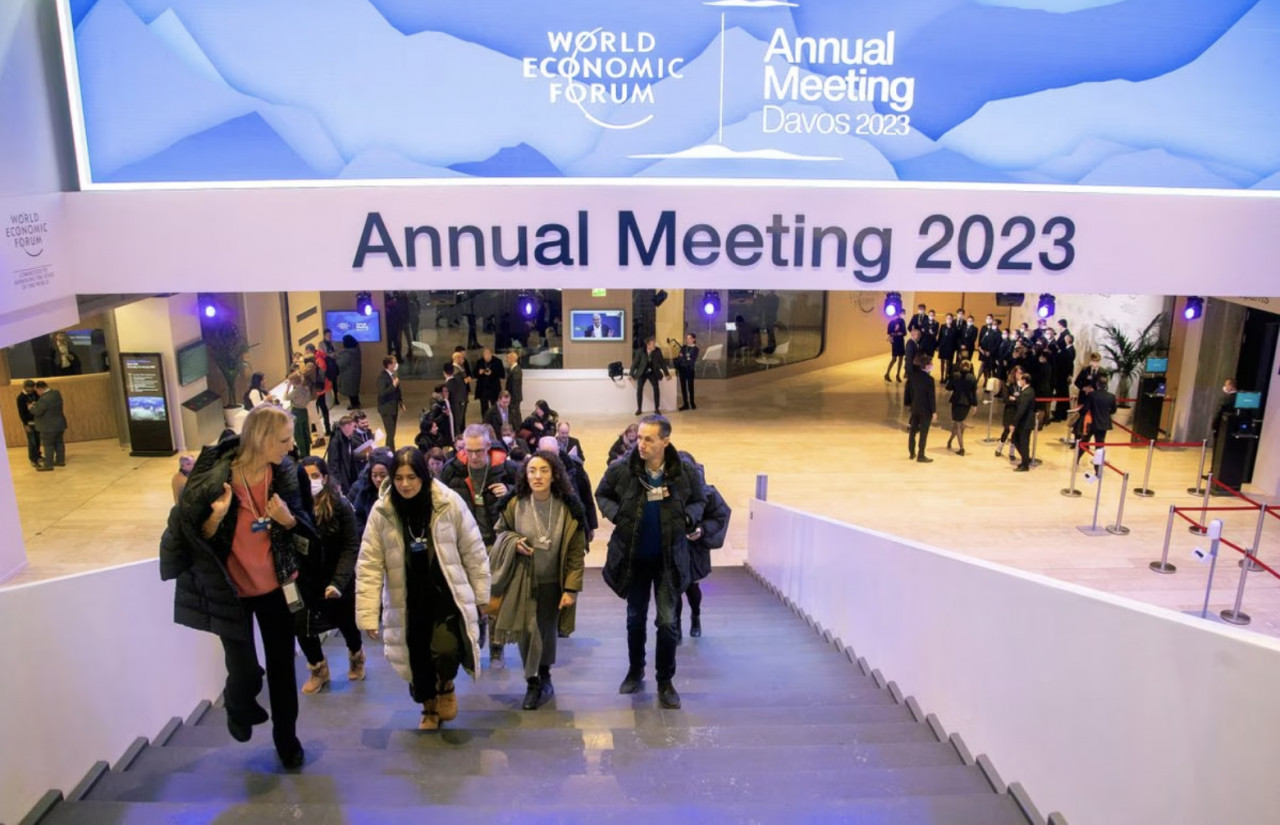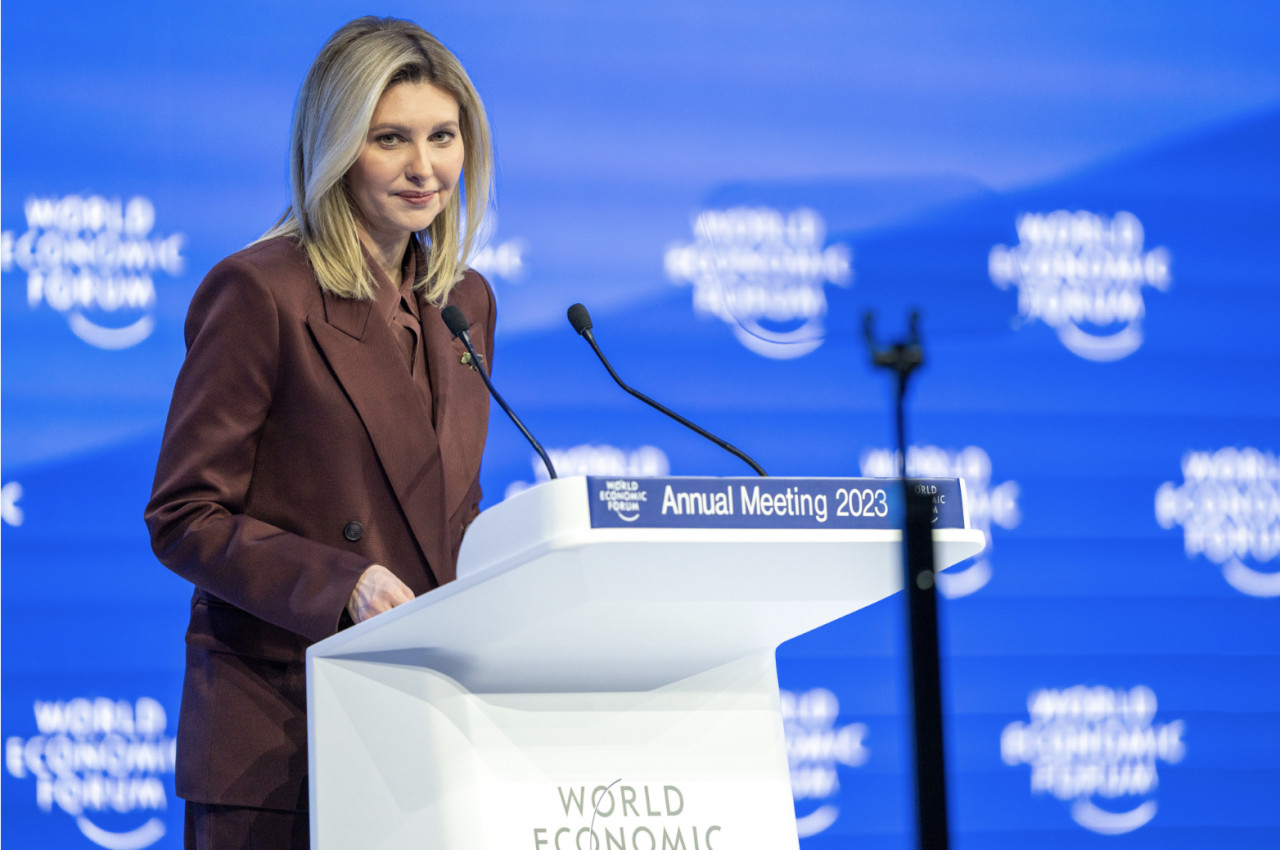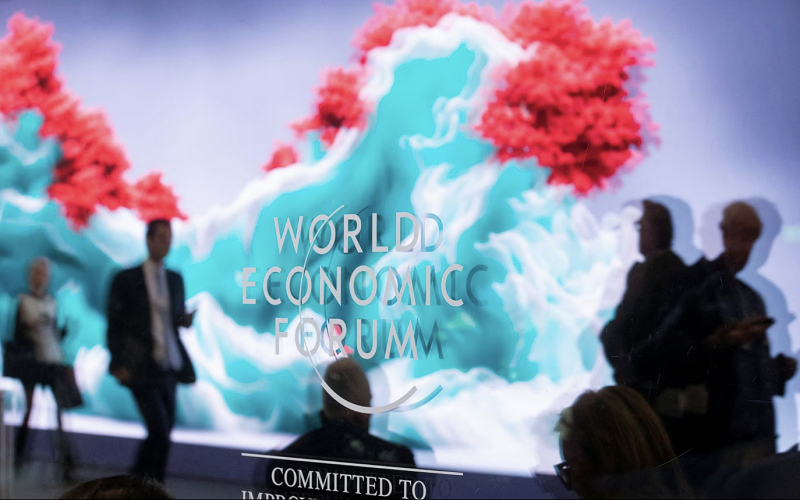This year’s World Economic Forum in Davos, Switzerland focused on the theme of "Cooperation in a Fragmented World." From January 16-20, world leaders in politics, economics, and business met to address a wide range of topics, from monetary policy, advancements in medicine, the role of young people in addressing global issues, to the economic outlook for the coming year.
China
China took center stage at this year’s Forum, which was held just as China begins the process of reopening its borders and economy to the outside world following the pandemic and zero-Covid lockdowns. At the World Economic Forum, financial experts forecast that the lifting of pandemic restrictions in China will boost worldwide growth in 2023 and avoid a widespread recession, despite challenges faced by other major economies. The reopening of China, the world's second largest economy, has raised hopes that it will reignite the global economy, as the US, UK, and EU brace for the possibility of a recession in 2023
 China's Vice-Premier Liu He speaks at the World Economic Forum in Davos, Switzerland on January 17, 2023. [Photo Credit: Reuters/Arnd Wiegmann]
China's Vice-Premier Liu He speaks at the World Economic Forum in Davos, Switzerland on January 17, 2023. [Photo Credit: Reuters/Arnd Wiegmann]
China’s Vice Premier Liu He addressed Davos attendees directly in a timely speech, following the release of Beijing's economic report for Q4 of 2023, which showed better than expected findings. In 2022, China’s GDP expanded a total of 3%, and Liu expressed confidence that China’s annual growth will soon return to its 6% pre-pandemic rate in the coming year. Liu also addressed concerns about the rise in Covid-19 cases in recent weeks and its impact on China's healthcare system, as well as Beijing's planned approach towards private businesses and the real estate sector in the coming year. Ding Shuang, chief economist for Greater China at Standard Chartered Plc, said “a strong message from Mr. Liu’s speech is that China will stick to what has worked well for China in the past few decades and take a pro-growth, pro-business and pro-partnership approach in a fragmented world.”
United States
A key moment of the 2023 World Economic Forum in Davos was the meeting between U.S. Treasury Secretary Janet Yellen and China's Vice Premier Liu. Both leaders agreed to increase communication and cooperation on macroeconomic and financial issues, as well as climate finance through bilateral and multilateral organizations such as the United Nations, G20, and APEC. Yellen began the meeting by stating, “while we have areas of disagreement, and we will convey them directly, we should not allow misunderstandings, particularly those stemming from a lack of communication, to unnecessarily worsen our bilateral economic and financial relationship.” Liu emphasized that both countries should always keep the bigger picture in mind while addressing differences and finding common ground.
 Participants walk down the hall of the Davos Congress Center at the 2023 World Economic Forum. [Photo Credit: Reuters/Arnd Wiegmann]
Participants walk down the hall of the Davos Congress Center at the 2023 World Economic Forum. [Photo Credit: Reuters/Arnd Wiegmann]
As for the U.S. economy, Yellen and other officials believe that a recession can be avoided in 2023, but growth may be slower than the previous year. Prior to attending the forum, Yellen had visited three African countries to strengthen U.S. economic and business ties in the region, where China has had significant influence in recent years.
One hot topic this year was about America’s Inflation Reduction Act, which has been called a “game changer” for climate change, but was met with lots of complaints by Europeans. The goal of the Inflation Reduction Act is to give state aid to companies invested in green technology, such as electric cars and batteries, that are actively moving away from using fossil fuels. In response, the EU plans to use state aid and a sovereignty fund to prevent European firms from moving to the U.S., with some observers claiming this could lead to a trade war between the U.S. and EU.
Key Takeaways
The mood heading into the 2023 World Economic Forum in Davos was cautious, but by the end of the event, there was a more optimistic outlook for the upcoming year. The global economy is still facing challenges in 2023, such as potential inflation, uncertainty surrounding China's reopening, and the debt crisis facing developing countries.
One of the most pressing matters discussed at the forum was the ongoing war in Ukraine, where allies focused on providing economic assistance to the country in its efforts to resist Russia, with NATO Secret General Jens Stoltenberg stating, “if we want a negotiated peaceful solution tomorrow, we need to provide more weapons today."
 Olena Zelenska, the First Lady of Ukraine, speaking at Davos 2023. [Photo Credit: World Economic Forum/Boris Bal]
Olena Zelenska, the First Lady of Ukraine, speaking at Davos 2023. [Photo Credit: World Economic Forum/Boris Bal]
The topic of trade was discussed as it pertains to the main three powerhouses in the industry; China, the U.S., and Europe. Each entity shared their industrial policies which will move to further protect workers and redefine the world’s supply chains. Developing countries expressed concern over their role in world trade, and how these policies will impact them, with the World Trade Organization’s Ngozi Okonjo-Iweala warning against the concept of “friendshoring.”
Climate change was a big topic of conversation at this year’s Economic Forum, with leaders from both the fossil fuel and renewable energy sectors engaged in collaborative discussions about climate change and finding cooperative solutions. Due to the energy crisis and rising inflation, however, Europe has reversed plans to decrease investment in fossil fuels. Climate activists in attendance were dissatisfied with the slow shift towards clean energy and a lack of commitment from industry leaders to adopt environmentally-friendly policies.
Crisis to Cooperation
As the week progressed, talks of crisis quickly turned to talks of cooperation and solutions. Calls for unity were made by world leaders, business executives, and civil society leaders, coupled with discussions of how tech innovation can be used to create an optimistic future. One such example is the introduction of the Global Collaboration Village, which is an immersive metaverse platform that offers a virtual world fostering public-private cooperation.
Maintaining a balance of realism and optimism is important, but leaders were positive at Davos this year. Kristalina Georgieva, Managing Director of the International Monetary Fund, said that going forward world leaders must, “be pragmatic, collaborate, do the right thing, and keep the global economy integrated for the benefit of all of us.”
